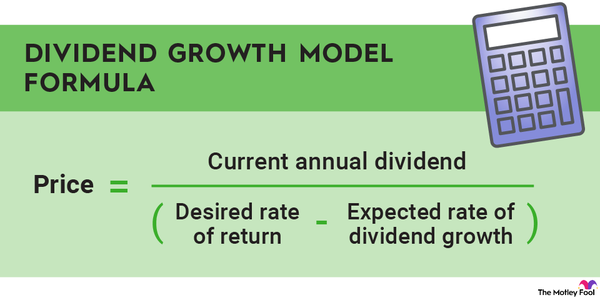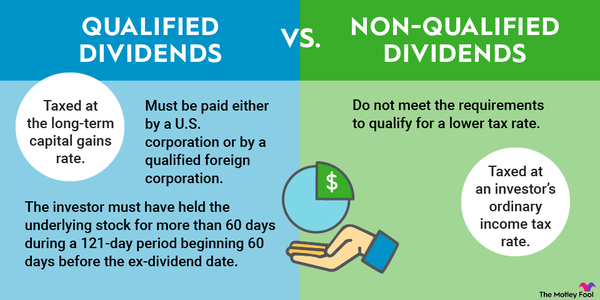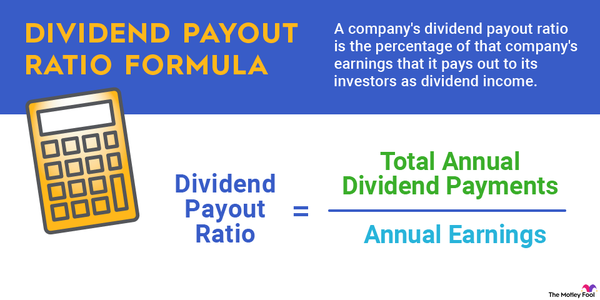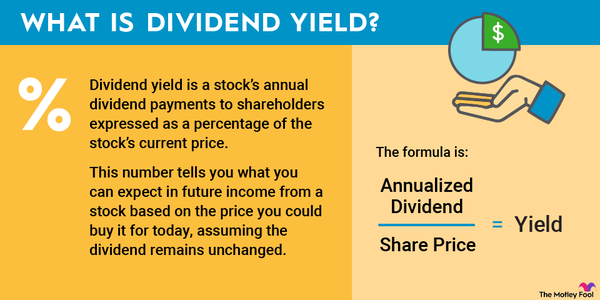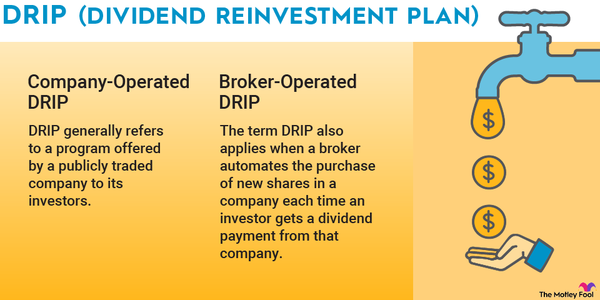Deferred revenue is a liability on a company's balance sheet. It shows the amount the business has received from customers for products or services it hasn't delivered yet.
Liability
When a company receives advance payment, it adds to its cash holdings and offsets that amount on its balance sheet with deferred revenue, or "unearned revenue," until it delivers the product or service. At that point, it can remove the liability from the balance sheet and record the unearned revenue as revenue on its income statement.

What is deferred revenue?
What is deferred revenue?
If a company sells a good or service that provides an ongoing benefit to the customer, it'll likely record at least some of the customer's up-front payment as deferred revenue. Companies selling subscriptions, insurance, or items with down payments are all examples of businesses that may record deferred revenue.
Deferred revenue is a line item on a company's balance sheet. The balance sheet shows a company's assets, liabilities, and shareholder equity. Deferred revenue falls under the liabilities category.
The use of deferred revenue falls under generally accepted accounting principles (GAAP) guidelines, which require a business to follow certain principles to show a conservative level of profits. Deferred revenue is equal to the amount customers pay in advance for services that the company has yet to deliver. Once the service is delivered, the company can reduce the deferred revenue liability and record the amount as revenue on its income statement.
Why do companies use deferred revenue?
Why do companies use deferred revenue?
A company may use deferred revenue to ensure it's giving an accurate picture of its profits. If a company recorded all its customers' up-front payments as revenue when it received them, it may show much more in profits in the period where it originally made those sales.
But if it fails to deliver that product or service and has to return payments to its customers, it'll show a big loss if and when that happens. That's a situation many companies would prefer to avoid.
It's also part of GAAP guidelines. Every publicly traded company is required to file GAAP-compliant financial statements every quarter. (They can also provide non-GAAP financial metrics for investors if they choose.) If the Securities and Exchange Commission determines a company misrepresents its financials, it faces stiff penalties.
Is deferred revenue good or bad?
Is deferred revenue good or bad?
While deferred revenue is a liability, a growing deferred revenue line item on a company's balance sheet is usually a good thing. Growing deferred revenue means the company is growing its business.
As long as it continues operating as it has been, that deferred revenue will eventually appear on the income statement. And if most of a company's business comes from long-term contracts, deferred revenue can make its future earnings much more predictable.
Growing deferred revenue also means the company ought to have strong cash flow. Since deferred revenue represents cash that customers pay for services that haven't been delivered, it means the company now holds that cash.
It can use that cash to invest in the business and produce the goods or services already purchased by its customers. A company with deferred revenue should have more financial flexibility than a company needing to invest its own cash up front before offering its product to customers.
Related investing topics
An example
An example of deferred revenue
Amazon (AMZN 1.26%) uses the term "unearned revenue." As of the end of 2023, Amazon had $20.6 billion in unearned revenue on its balance sheet. The deferred revenue comes from two sources.
First, many of its 100 million-plus Amazon Prime members pay for one year of its service. Amazon takes their payments in one month but delivers the service over the course of 12 months. As a result, it can only count 1/12 of those payments as revenue every month. The rest goes on the books as deferred revenue.
The bigger source of deferred revenue, though, is Amazon's cloud computing service, Amazon Web Services. Amazon signs long-term contracts with enterprise customers who use its servers and computer power. It collects payments for months -- sometimes years -- at a time. Amazon has seen its deferred revenue from both sources grow year after year.














































